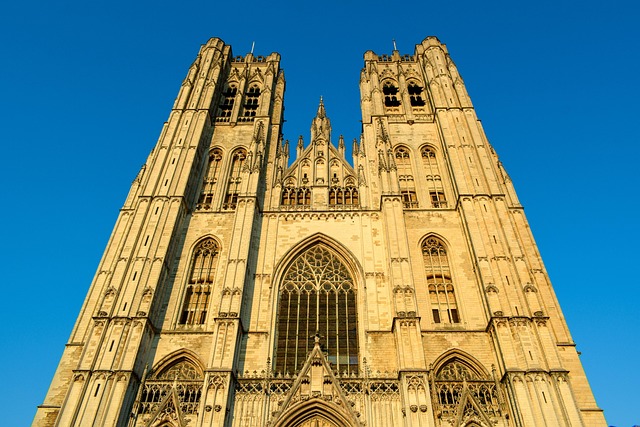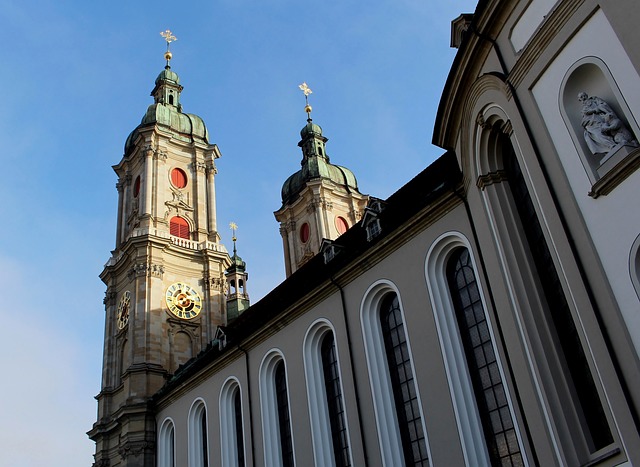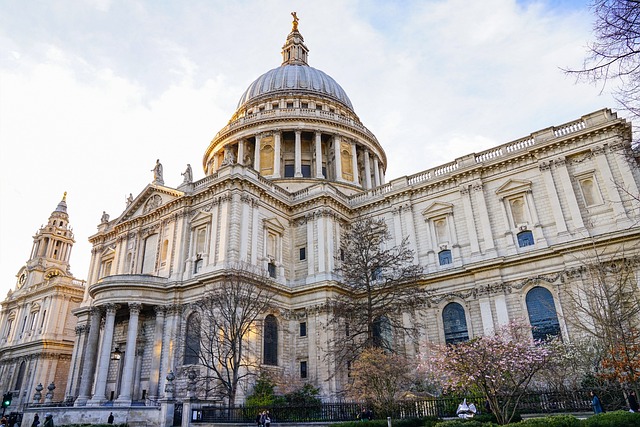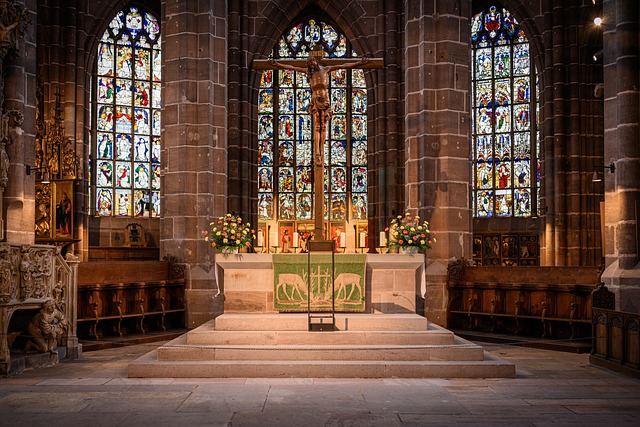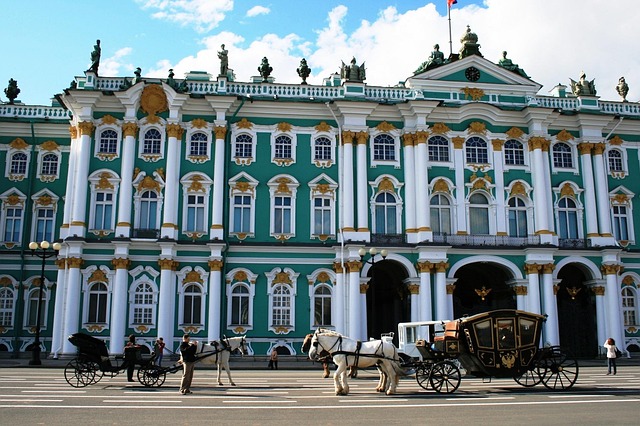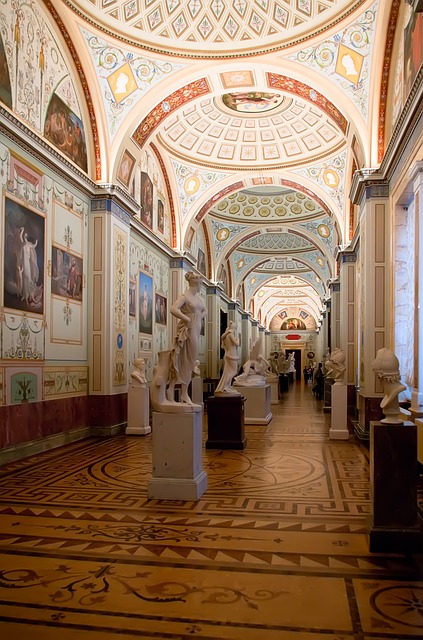Cultural events preserve and celebrate heritage pride in communities, enhancing property value through restoration of historic buildings, traditional design in new construction, and creation of vibrant heritage districts. These gatherings strengthen community bonds by showcasing traditions, fostering a deeper connection to place, and promoting cultural diversity. Developers and property managers who support such initiatives not only attract stakeholders but also contribute to the intergenerational transfer of cultural knowledge, boosting local economies.
Cultural events play a pivotal role in preserving and celebrating heritage pride, fostering a sense of community and connection to the past. This article explores how well-curated events and initiatives can revitalize and promote local traditions. We delve into successful examples within the real estate sector, where developers have embraced cultural heritage as a core element, creating vibrant spaces that attract diverse audiences. Additionally, we examine community engagement strategies that significantly impact local heritage preservation efforts.
The Role of Cultural Events in Preserving Heritage Pride

Cultural events play a pivotal role in preserving and celebrating heritage pride within communities, especially in the real estate sector. These gatherings serve as vibrant platforms where diverse cultures come together to showcase their rich traditions, stories, and historical connections to land and place. Through performances, exhibitions, and interactive workshops, participants immerse themselves in the cultural tapestry, fostering a deeper sense of belonging and identity.
In the realm of real estate, culturally significant events can transform spaces into dynamic hubs that resonate with local heritage. Developers and property managers who organize or support such events contribute to preserving and promoting cultural diversity, which is increasingly valued by residents and visitors alike. By integrating these celebrations into urban landscapes, they create opportunities for intergenerational learning, community engagement, and the reinforcement of a place’s unique character—all factors that enhance property value and attract a wide range of stakeholders.
Successful Examples of Heritage-Focused Real Estate Initiatives
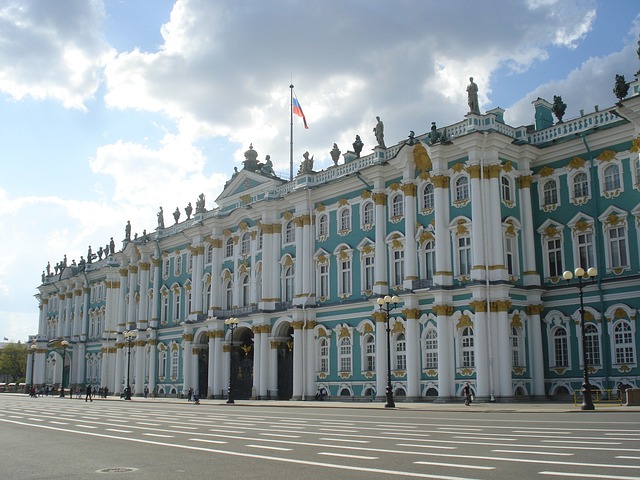
In recent years, the real estate industry has seen a surge in initiatives that celebrate and highlight cultural heritage. These projects, often driven by local communities and developers alike, have successfully transformed urban landscapes while fostering a deeper sense of belonging and pride among residents. One exemplary case is the restoration and repurposing of historic buildings into mixed-use spaces, including residential apartments, commercial offices, and cultural hubs. Such efforts not only preserve architectural gems but also create vibrant environments that attract diverse populations, boosting local economies.
Additionally, new construction projects incorporate traditional design elements and materials, paying homage to a region’s history while incorporating modern amenities. These initiatives have led to the development of heritage districts, where each building tells a story, creating a unique identity for the area. This approach not only enhances property values but also inspires tourists and residents alike to explore and appreciate their city’s cultural tapestry.
Community Engagement and the Impact on Local Heritage Preservation
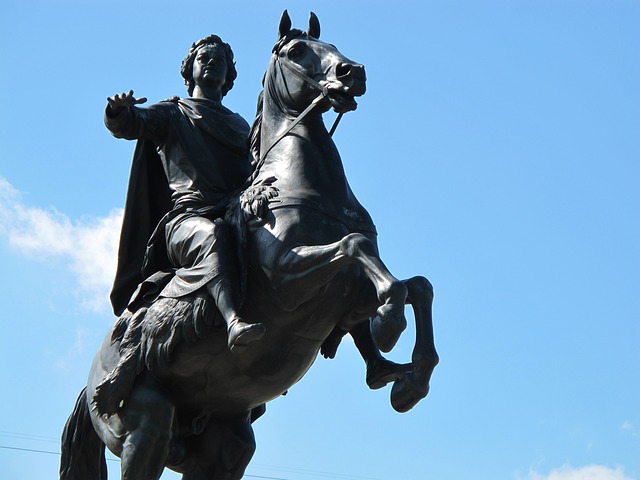
Cultural events that highlight heritage pride bring communities together, fostering a sense of belonging and connection to their roots. When local residents actively engage in these celebrations, it strengthens the bonds that tie them to their historical landscape. This engagement goes beyond mere attendance; it involves participation in traditions, sharing stories, and contributing to the preservation of cultural artifacts. In many cases, real estate values are also positively impacted by such initiatives, as areas known for their rich heritage become more desirable places to live and visit.
The impact of community engagement on local heritage preservation is profound. Through these events, younger generations learn about their ancestors’ traditions and history, ensuring that cultural knowledge is passed down through the years. This collective effort not only preserves historical sites and practices but also keeps alive the stories and memories that define a community’s identity. As a result, local heritage becomes an integral part of the area’s appeal, attracting tourists and investors alike, thereby boosting the local economy in unexpected ways.
